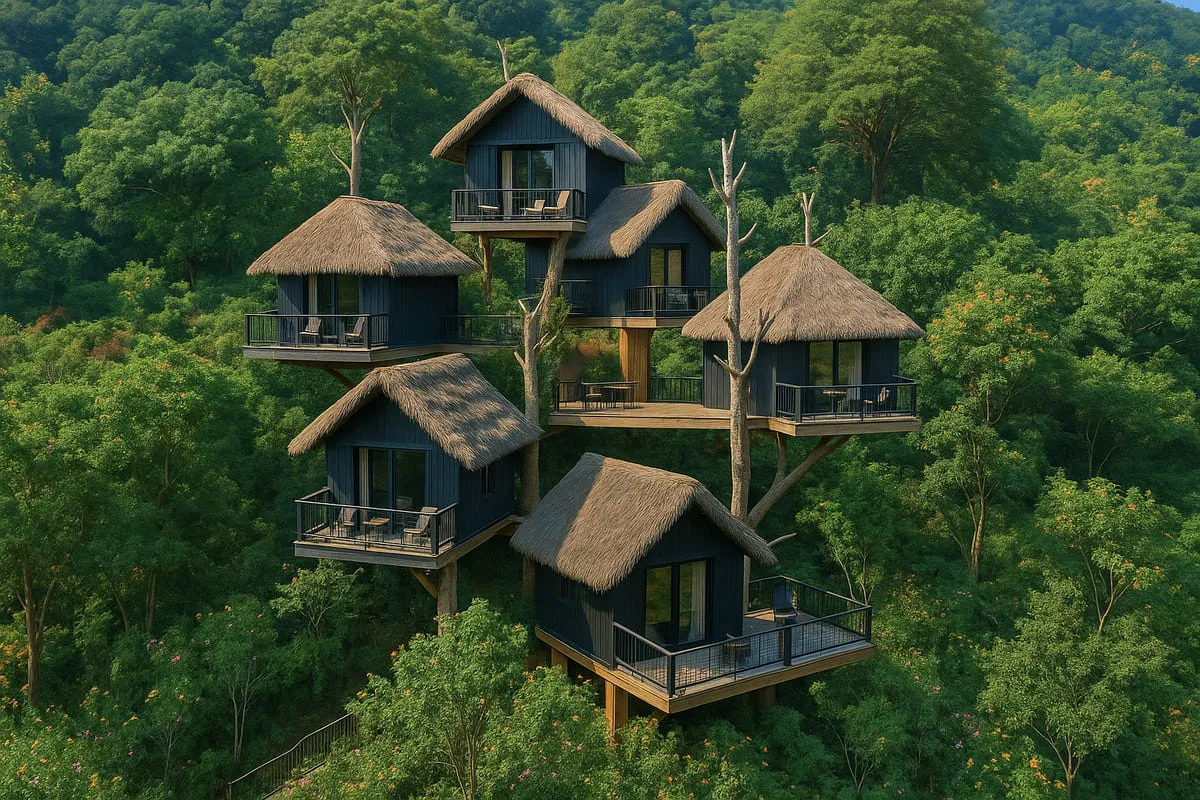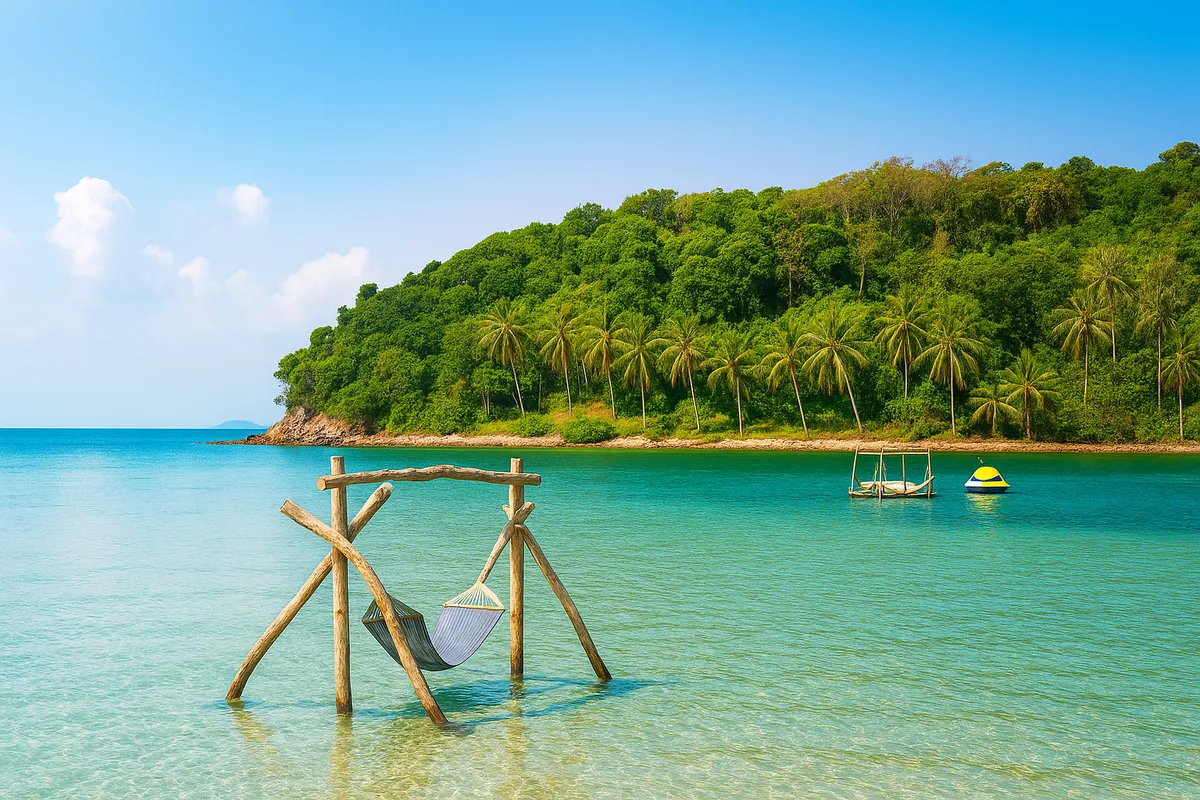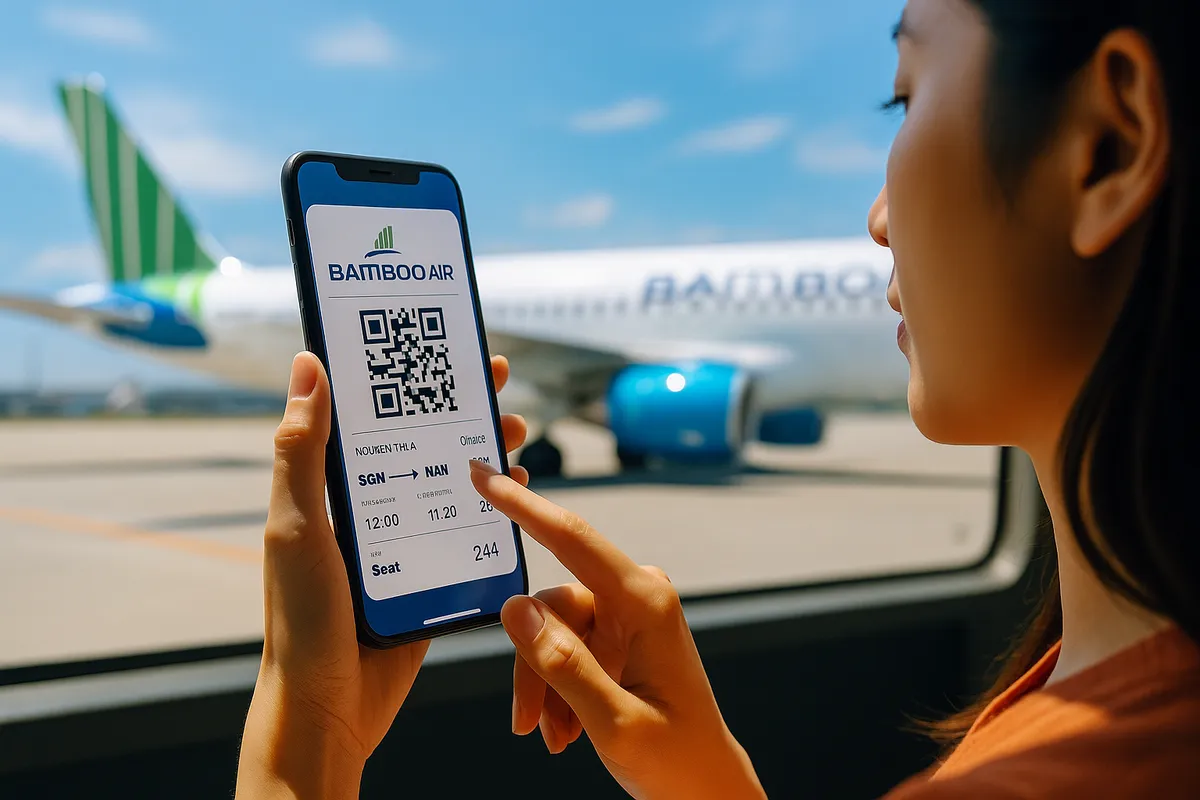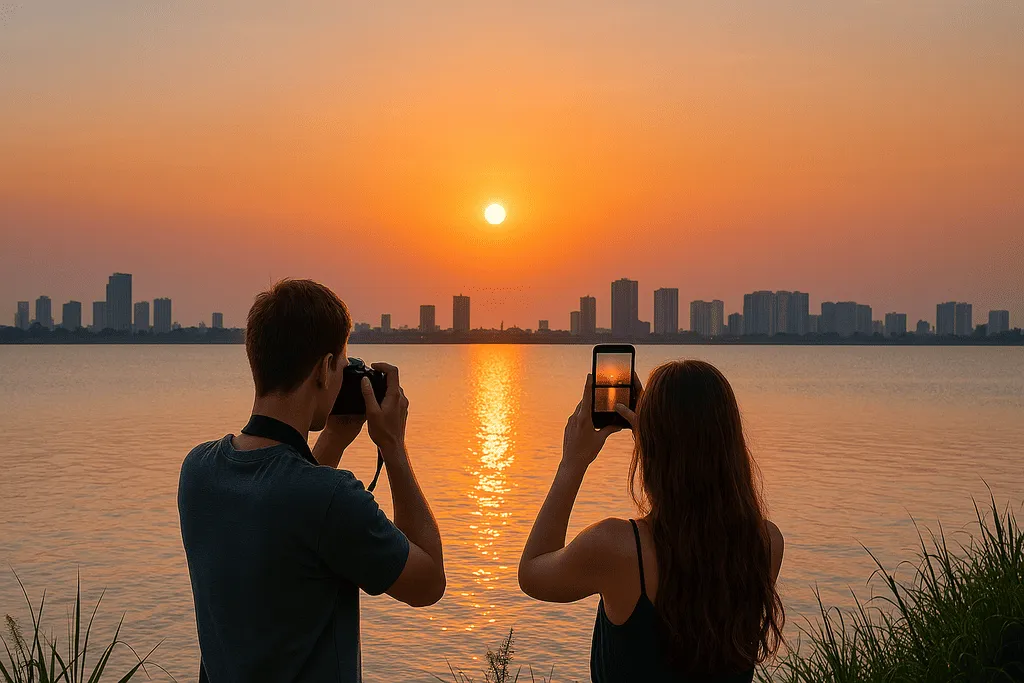How to negotiate the price of a Homestay in the mountains with tact and understanding
- Friday, May 02, 2025, 13:52 (GMT+7)
How to negotiate the price of a Homestay in the mountains with tact and understanding
Unlike hotels or resorts where prices are often fixed and predictable, mountain homestays exist in a world of flexible pricing. This openness can leave travelers uncertain, unsure of what is reasonable and how to negotiate without seeming too forward. But once you understand how this unique style of accommodation works, grasp the mindset of the hosts, and use a few thoughtful communication techniques, negotiating a fair rate at a mountain homestay becomes less intimidating and more of a meaningful exchange.
In regions such as Ha Giang, Moc Chau, Sa Pa, Ta Xua, Da Lat, and throughout the northern and central highlands of Vietnam, most homestays are operated by local families or young people building a life in the mountains. Prices are not fixed like they are in cities. They shift depending on the season, the popularity of the location, the size of the group, the length of stay, and even the initial impression the guest gives. That is why friendliness, honesty, and a bit of tact often go much further than hard bargaining.
Before entering any negotiation, one of the most important things is to understand the general pricing range. Spend some time researching prices on trusted platforms and read reviews, especially those that provide honest feedback about pricing and actual experience. This will help you form a realistic baseline, identifying what counts as high, fair, or negotiable.
Once you have a clear overview, the next thing to consider is when you make contact. Avoid waiting until the last minute, when rooms may already be full and the hosts have little reason to offer discounts. Reaching out one or two weeks before your trip, or even earlier during holidays, helps build trust and shows genuine interest. This kind of proactive communication sets the tone for a more natural and flexible discussion about price.
One subtle but effective strategy is to share your group size, the number of nights you plan to stay, and the type of service you are looking for right from the start. Then gently ask if any support could be offered. Instead of directly asking for a discount, try phrases like "Would it be possible to have a better rate for four people?" or "Is there a special offer for a three-night stay?" You can also ask if breakfast is included and, if not, whether the price could be adjusted. These types of questions make the conversation feel collaborative and respectful, rather than transactional.
Many travelers have shared that the way you speak matters just as much as what you say. Rather than positioning yourself as a demanding guest, show appreciation for the space and effort the host has put in. A simple compliment like "Your place looks so warm and inviting" or "I have read many positive reviews and would love to experience it myself" goes a long way. Once a good connection is made, bringing up price becomes easier and more well received.
There are plenty of examples where hosts offered generous discounts simply because the guest communicated politely and sincerely. One group of young travelers received nearly 20 percent off the listed rate and a complimentary dinner, just by sending a kind message expressing a desire for a peaceful place to work for a few days. While not every experience will be this lucky, the key elements of clarity, respect, and kindness make a real difference.
It is also helpful to remember that the price of a mountain homestay is not just a number. It reflects the whole experience. Many places include meals, drinks, guided treks, tea picking, or cultural activities. When negotiating, do not focus only on the accommodation rate. If you are not planning to join the tours or need fewer services, you can ask if there is room for adjustment or request a later checkout instead.
Another rarely shared tip is to be flexible with your check-in day. Many mountain homestays offer better rates for midweek or early week arrivals when they are less busy. During weekends, most places are packed. If your schedule allows, proposing a weekday stay could lead to a more favorable deal.
Staying more than two nights is also a strong point when negotiating. Many hosts have policies that offer automatic discounts for three nights or more. Instead of booking each night separately, ask directly, "How much would it be in total if we stay for three nights?" This approach often saves money and shows that you are a thoughtful guest, which gives the host more confidence and incentive to offer you the best rate.
When traveling in a group, it is better to book together rather than split bookings across individuals. If a host sees that you are securing accommodations for ten people at once, they are more likely to be flexible. Bulk bookings reduce risk for the host and increase your chances of a better price. The more certain the commitment, the more open the negotiation becomes.
Personal connection can also make a difference. If you have stayed in other homestays and had good experiences, share that. If a friend recommended the place, let them know. Trust is built from small things, and it adds value during the negotiation process.
Once a deal is made, it is important to keep your promise. Do not cancel at the last minute, constantly change your requests, or show up late without notice. If you prove to be a respectful guest, you will likely be remembered and prioritized on future visits. Mountain hosts often remember their guests, especially those who were thoughtful and warm.
The final point is to keep a positive mindset. Negotiating is not about pushing for the lowest price, but about finding a balance between your expectations and the host’s capacity. Sometimes, even if the discount is not significant, what you gain, an evening of stories by the fire, a surprise plate of roasted corn, or a host’s generous smile, can make your journey truly unforgettable.
The art of negotiating a homestay in the mountains is not just about money. It is about culture, empathy, and the trust between people. Knowing how to ask, when to listen, and when to pause turns your trip into something more than just affordable. It becomes meaningful.

 CHECKIN.VN
CHECKIN.VN








Share on